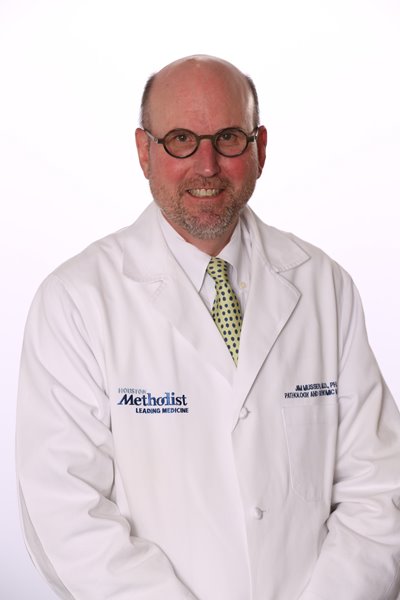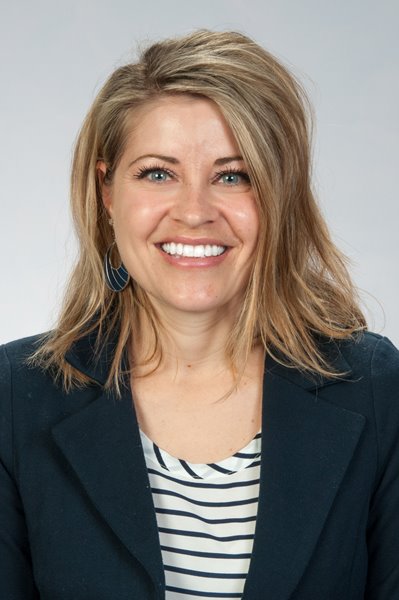UR Alum Seeks Solutions to the Problem of Strep
Hometown – Originally from Bellefonte, PA and now lives in Houston, TX.
Family – Wife, Dr. Camille Leugers, a family physician (also a University of Rochester graduate and former resident). They have two daughters, Sophie, 23, and Grace, 23, and one dog, B
Alumni Q&A: Former Pathology Resident & Fellow, Brooke Koltz, M.D.
We recently caught up with Dr. Brooke Koltz, former Pathology resident at the University of Rochester (2008-2012) and Cytopathology fellow from 2012-2013.


